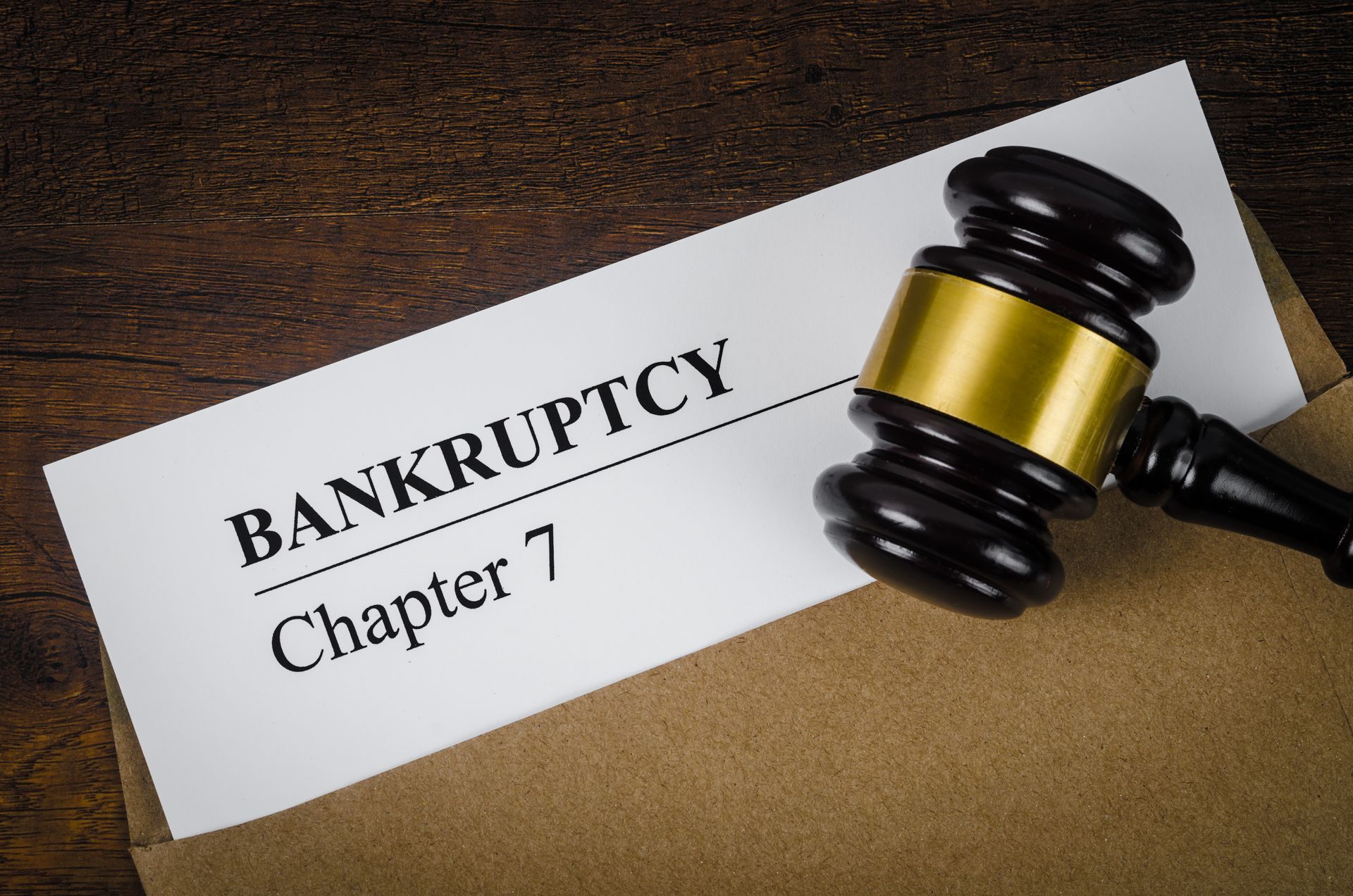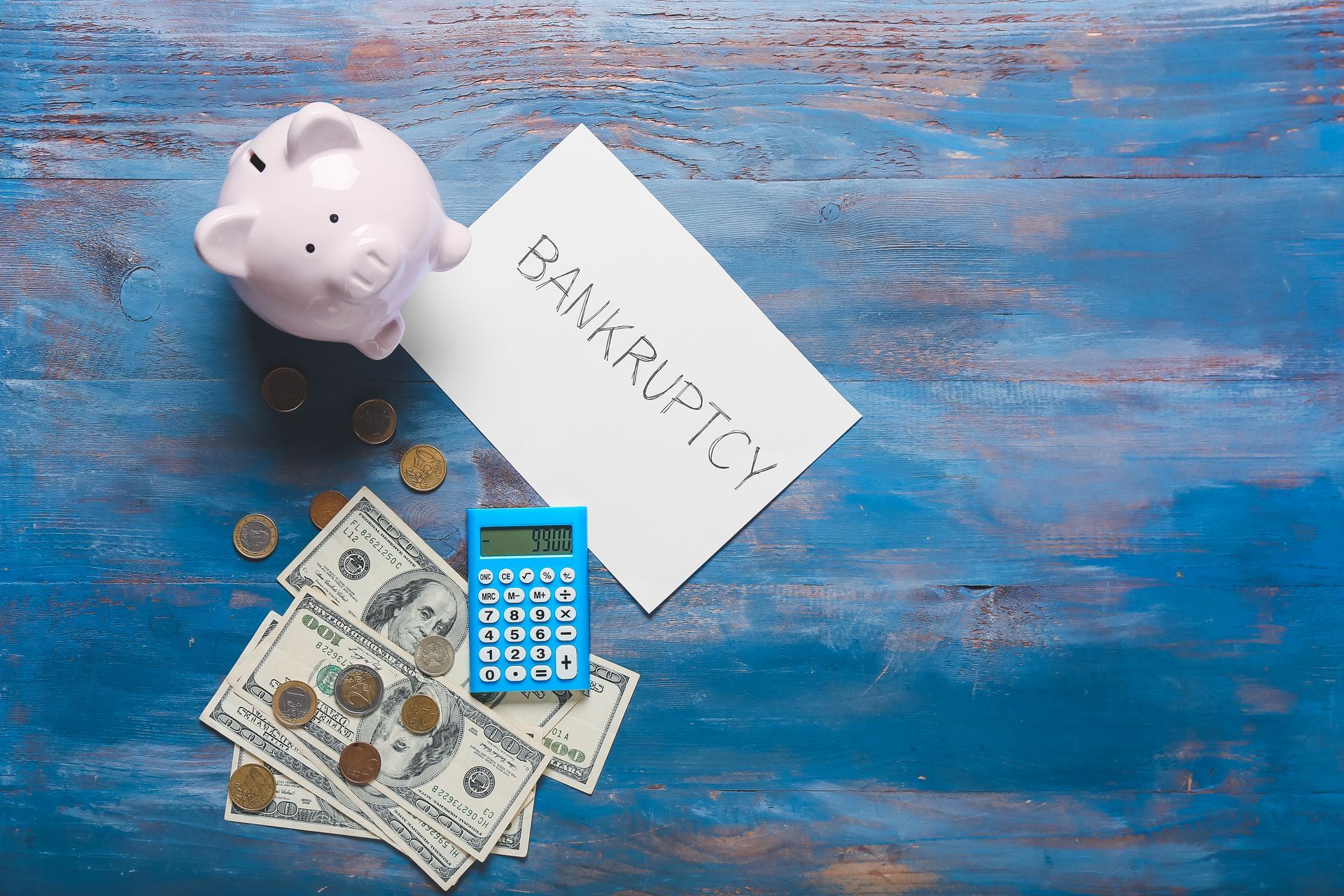What Debts Can Be Discharged in Chapter 13 Bankruptcy in Texas?
What Debts Can Be Discharged in Chapter 13 Bankruptcy in Texas?
Chapter 13 bankruptcy offers Texans a chance to regain financial control while retaining important assets like their home and vehicle. Unlike Chapter 7, which involves liquidating non-exempt property, Chapter 13 focuses on creating a structured repayment plan over three to five years. At the end of this plan, certain debts may be discharged, offering long-term relief. At J Gannon Helstowski Law Firm, we help Texas residents understand what debts can—and can’t—be discharged through Chapter 13 bankruptcy.
What Is Chapter 13 Bankruptcy?
Chapter 13 is known as a "wage earner’s plan." It allows individuals with regular income to develop a repayment plan for all or part of their debts. Once the plan is completed successfully, the court may discharge remaining qualifying debts, meaning you’re no longer legally required to pay them.
Dischargeable Debts in Chapter 13 Bankruptcy
Here are common types of debts that may be discharged under Chapter 13:
- Credit Card Debt: Most unsecured credit card balances can be discharged.
- Medical Bills: Unpaid medical expenses are typically dischargeable.
- Personal Loans: Loans that are not secured by collateral are often eligible.
- Utility Bills: Past-due utility bills are usually dischargeable.
- Older Income Tax Debts: In certain cases, older federal or state income taxes may be discharged.
- Lease and Contract Obligations: Some debts related to leases or contracts may be wiped out if the agreement is rejected during bankruptcy.
- Deficiency Balances: If your car or home was repossessed or foreclosed, you might still owe a balance—the deficiency—which can often be discharged.
Non-Dischargeable Debts
However, not all debts can be wiped away. The following are generally not dischargeable in Chapter 13:
- Student Loans (unless undue hardship is proven, which is rare)
- Recent Income Taxes and certain other tax obligations
- Child Support and Alimony
- Debts from Personal Injury Judgments related to DUI accidents
- Criminal Fines and Restitution
How Chapter 13 Differs from Chapter 7 Discharge
While both Chapter 7 and Chapter 13 discharge unsecured debts, Chapter 13 allows debtors to catch up on secured debts like mortgage arrears or car
loans—something Chapter 7 doesn’t offer. Additionally, Chapter 13 can sometimes discharge debts that are non-dischargeable in Chapter 7, such as certain divorce-related debts (not including support obligations).
Legal Guidance Is Key
Properly classifying and prioritizing debts in your repayment plan is crucial for a successful Chapter 13 case. At J Gannon Helstowski Law Firm, we help Texas residents navigate the intricacies of Chapter 13 bankruptcy and determine which debts can be discharged based on their unique financial situation.











